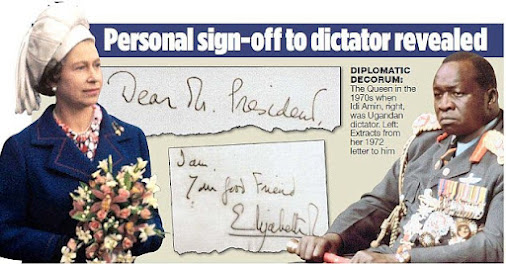By Owei Lakemfa
Poverty is often presented as statistics. But what the Yusufu Bala Usman Institute did on September 21, 2022 was to produce a book, The Face of Poverty in Nigeria, which focused on the faces behind the statistics.
As one of the reviewers, I summarised the Nigerian situation thus: If you are poor in thinking, you are poor. If others think for you, you are poor. If you follow other people’s culture, you are poor. If foreigners decide your beliefs, you are poor. If others decide your economic policies and programmes, you cannot but be dirt poor.
My argument is that poverty, which is the severe deprivation of a person resulting in his inability to meet the basic needs of life, manifests in various ways, situations and circumstances.




















